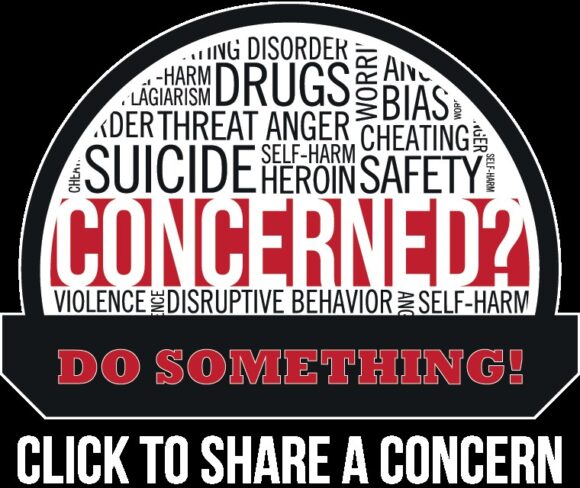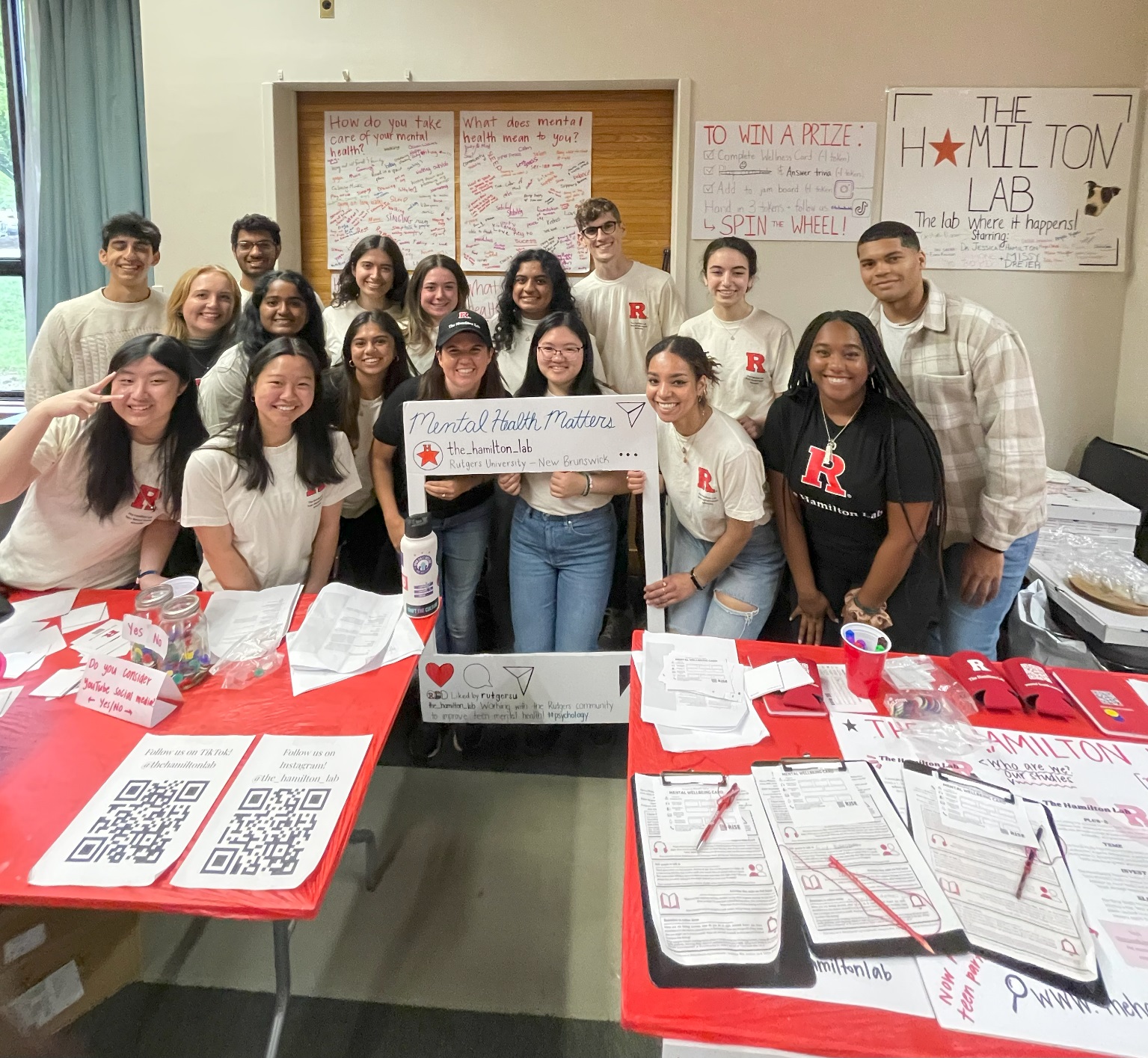
As the semester comes to an end and winter quickly approaches, everyone may start feeling hints of the dreaded “winter blues.” Midterms may have just ended, but final exams are a few weeks away. The polarity between excitement for winter break and stress over final exams is stark, and the decreased sunlight and colder weather may negatively impact motivation and mood. With the holidays also right around the corner, you may be stressed about spending time with family, especially if those relationships are strained.
According to the annual Healthy Minds Study surveys from the 2021-22 academic year, 44% of students reported having symptoms of depression, 37% reported anxiety disorders and 15% reported having considerations of suicide in the past year, which are the highest recorded rates in the survey’s history. Despite these concerning numbers, the survey also reported a third of the surveyed students had one or more therapy sessions in a one-year period, suggesting the destigmatization of therapy and counseling as an effective mental health resource. Rutgers also participates in the Healthy Minds Study, along with 132 other college campuses, to understand the mental health of its students and implement the appropriate resources.

Rutgers has numerous resources for students to utilize during periods of hardship and poor mental health. Rutgers Counseling, ADAP & Psychiatric Services (CAPS) provides both undergraduates and graduates with free counseling services, including brief individual counseling, group psychotherapy, crisis intervention, referrals to community specialists, and mandated assistance.
A senior at Rutgers who uses CAPS says, “CAPS is a great and accessible way to seek counseling for students, especially on short notice, something that is uncommon at other therapy centers. The process is simple and makes getting help an easy experience, which is ideal considering the challenges that can come with making that first step.”
Rutgers also has a partnership with Uwill, which is a service that offers free and immediate access to teletherapy. If you are interested in relatable advice from peers, Rutgers has recently partnered with TogetherAll, which is a free, anonymous, peer-to-peer online community that is monitored by mental health practitioners.
Dr. Jessica Hamilton, an Assistant Professor in the Department of Psychology and Clinical Psychology, has been studying suicide prevention in adolescents for the last decade. In January 2021, her lab, the Hamilton Lab, was established, and its research identifies the risks and protective factors for depression and suicidal ideation in adolescents, such as sleep and social media. Hamilton says there has been an alarming increase in depression and suicidal thoughts among teenagers in the last few years, making it a very pressing matter and important to study. Hamilton says the most rewarding part of her research is seeing how her research impacts the community; the lab works directly with teenagers by doing outreach at local high schools, even encouraging them to be involved at the Hamilton Lab as members of its RISE team. Many of these high school students become Rutgers students themselves and continue to advocate for mental health among adolescents.

Dr. Hamilton and Hamilton lab student workers on Rutgers Day 2023.
Dr. Hamilton advises all of those who are struggling with their mental health to make sure they’re getting the right amount of sleep that is high in quality. She says, “Ask yourself, ‘what’s getting in the way of a good night’s sleep?’ Oftentimes, people don’t see the value in sleeping enough because of their busy schedules, so it’s important to ask yourself what might be getting in the way of quality sleep.” Hamilton recommends going to bed and waking up around the same time every day, and establishing a winddown routine that is void of screentime. Implementing these habits will help quiet your mind before bed, making for more restful sleep.
Although social media use is often portrayed as a negative in the media, it can have important benefits for your mental health. However, it all depends on how you use it. Dr. Hamilton recommends that students be aware and mindful of how they feel before, during, and after using social media and use it in a way that is consistent with what they care about.
“Ask yourself what you’re hoping to get out of using social media. Is it to connect with friends? Is it to learn? Recognizing your intention when using social media will help you determine whether it’s having a negative impact on your mind or if you’re actively comparing yourself to people you see online.”
The Hamilton Lab also provides an abundance of mental health resources on its website, including suicide hotlines, crisis mental health resources, resources for BIPOC and LGBTQ+ individuals, and quick mental health tips. This winter, make sure you’re taking the time to decompress, get enough sleep, be mindful of your social media use, and be aware of how certain activities make you feel in order to best care for your mental health.
This article was written by OPOC intern Emily Ranieri.

